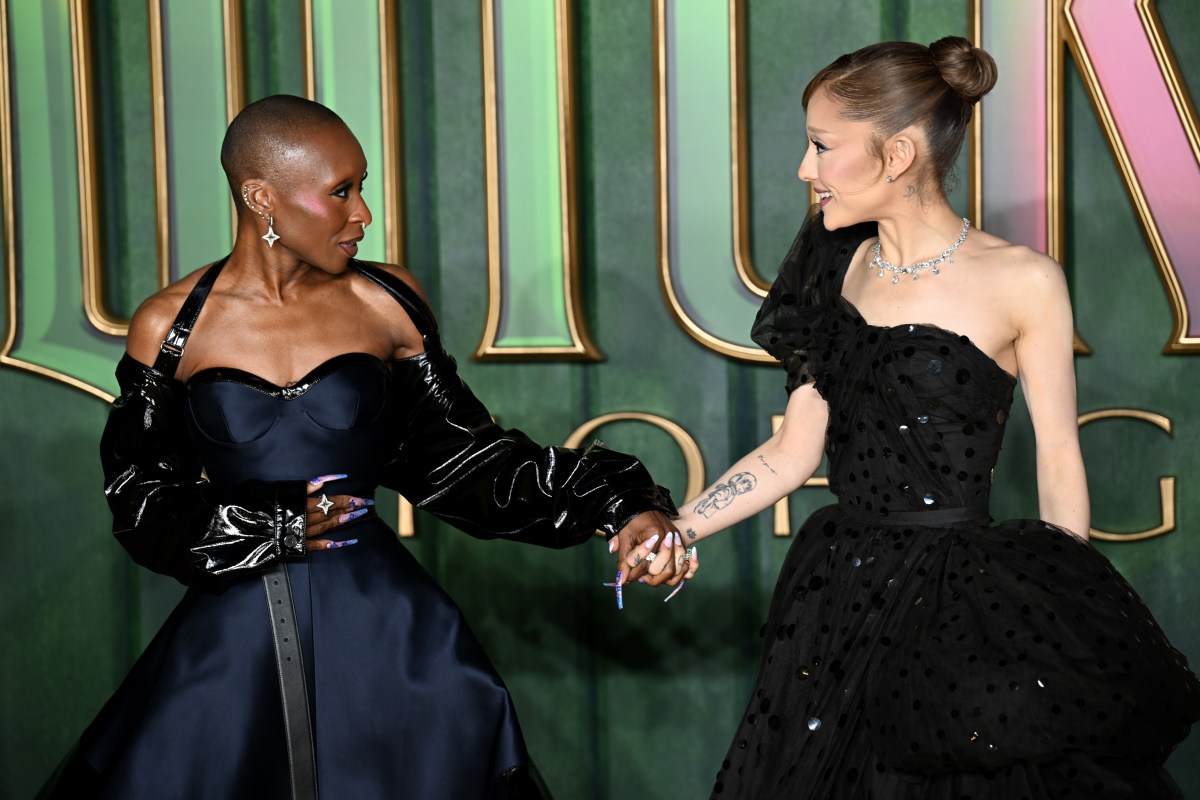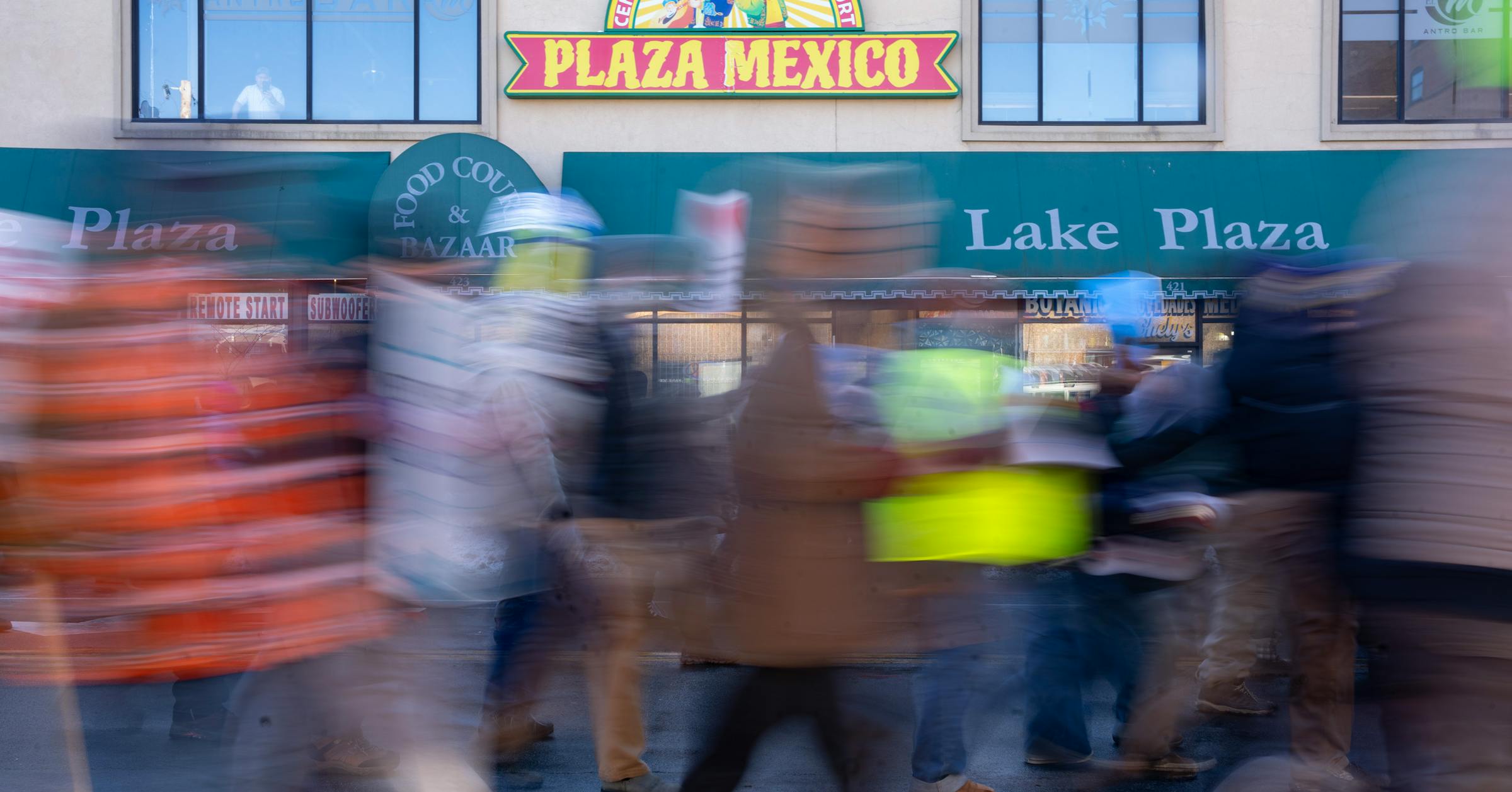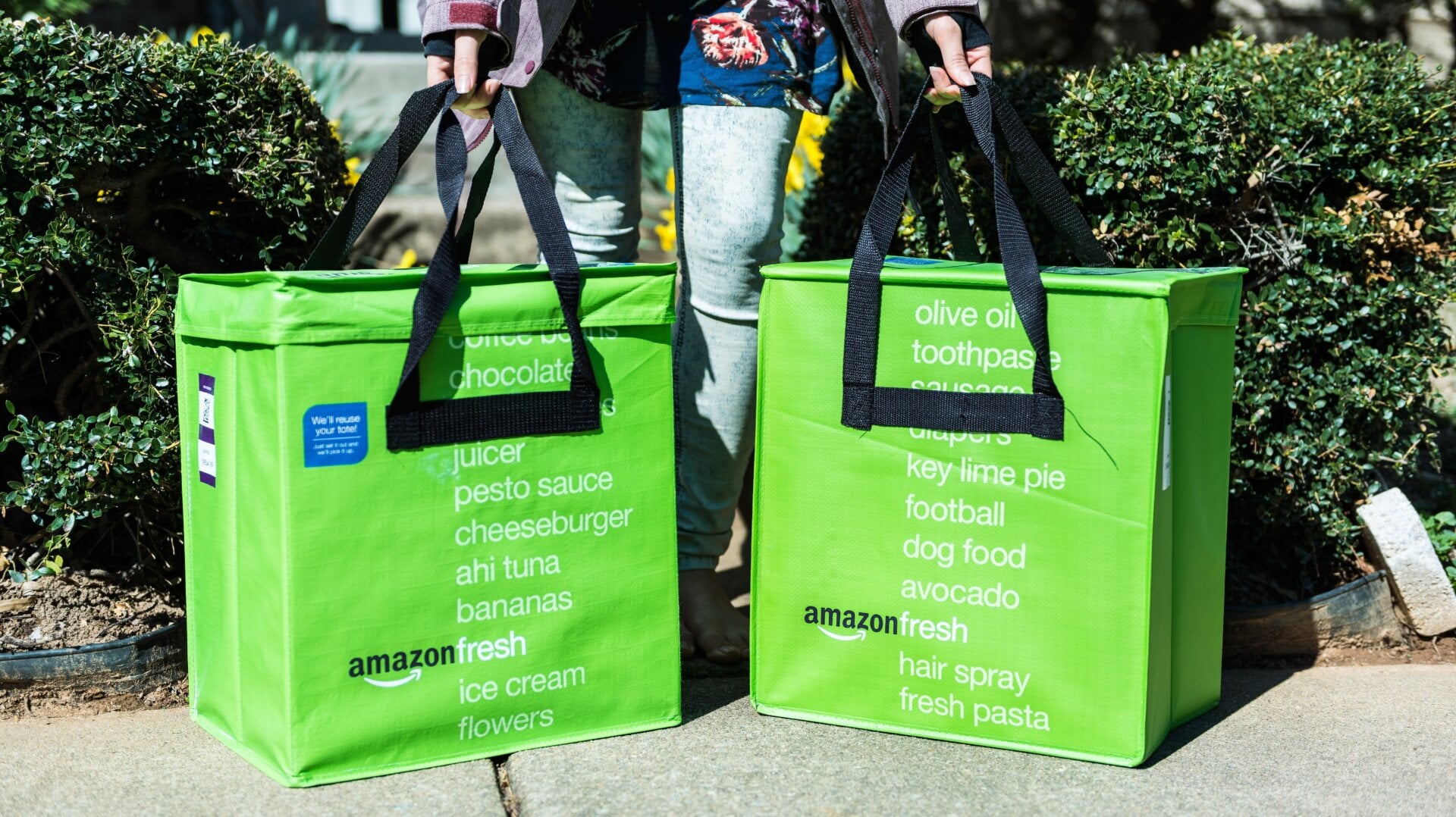The first hint that something unusual was happening came not from critics but cash registers. For the first time in nine weekends, the North American box office cracked $100 million—on the back of a PG-rated Broadway musical—with Wicked: For Good opening to an estimated $150 million in the U.S. and Canada and $226 million worldwide. It did more than outpace last year’s first installment; theater trackers estimate it sold roughly two million more tickets on opening weekend than Wicked did in 2024. That’s not just good; for a market mired in a fall slump, it is counter-programming with teeth.
Common Knowledge
There are predictable narratives—and then there is Oz. On the center-left, the tone since the opening has been equal parts relief and delight. The Washington Post celebrated that the movie had cast the spell needed to end a box office trance quoting Exhibitor Relations analyst Karie Bible calling it “a desperately needed victory,” a reminder that “people are just pickier about what they choose to go out and see.” Culture writers leaned into the sport of records. At Vulture, Jason P. Frank had suggested before the movie’s launch that opening weekend takings of $150m would indeed defy gravity.
The right’s take split in two. One camp saw culture-war red meat. “The film’s two leads seem determined to do everything they can to alienate half the country,” wrote Megan Basham at the Daily Wire, faulting Ariana Grande and Cynthia Erivo’s press-tour rhetoric—and yet she argued the story underneath is “thematically right-wing.” “Wicked has always been a conservative fable,” she wrote, skeptical of centralized power and media spin.
Others on the right used Wicked to reframe the content wars more broadly. Back in January, Emina Melonic argued in The Federalist that while discourse around the movie “focused on ‘queering’, it is the concepts of propaganda and tyranny that drive the film,” reading Oz as a lesson in media manipulation and soft authoritarianism. That line of argument resurfaced this weekend as box-office figures shredded another round of “go woke, go broke” predictions.
Uncommon Knowledge
Strip away the emerald glitter and the weekend is a case study in what’s actually working in American moviegoing—and why it surprised so many forecasters. Wicked: For Good posted opening numbers that were the biggest debut ever for a Broadway adaptation. It also earned an “A” CinemaScore and a 95 percent audience rating on Rotten Tomatoes.
The audience composition is the real tell. PostTrak exit polls put women at roughly 71 percent of opening-weekend buyers. In an odd little milestone for a franchise built on show tunes rather than spaceships, IMAX said the film delivered $15.5 million domestically—11 percent of the U.S. total—marking a November record. Those two facts sit oddly together only if you imagine premium formats as a boys’ club. In practice they show that families and female-skewing crowds will pay for the biggest screen in town when the offering feels like an “event.”
Timing helped. October was the worst month for the domestic box office since 1997; exhibitors limped into Thanksgiving praying for a spark. They got one. Early access screenings—Prime-member Monday, then wide previews—banked nearly $30 million before Friday, seeding the weekend and smoothing demand across multiple days. It’s a variant of the Taylor Swift playbook: sell early, and give the fans sticky merchandising and cross-platform moments (from Dancing with the Stars to Lego Masters) to keep Oz on the feed.
Foot-traffic firm EntTelligence estimates that For Good drew about two million more moviegoers on opening weekend than the first film did last year. That is not just inflation or higher ticket prices; it’s more bodies through the doors. Together with a per-theater average north of $36,000, that difference explains why concession-heavy circuits are suddenly smiling—and why a musical, not a superhero, was the title to break a nine-week drought of $100-million weekends.
Overall, the fall left theaters undersupplied and audiences underwhelmed, a hangover of last year’s production delays. In that landscape, Universal’s two-part strategy—spreading production and marketing costs across consecutive Thanksgivings—now looks prescient. The first film opened to about $112.5 million; the second topped that by roughly a third, and did so while priming a co-branded holiday corridor that rolls straight into Zootopia 2.
There’s also the multipliers. Last year’s Wicked achieved an extraordinary 4.2x domestic multiplier, buoyed by repeat viewings and family add-ons as kids aged into it through the holidays. If For Good repeats even a fraction of that behavior, it doesn’t just challenge A Minecraft Movie (which grossed nearly $425 million in the U.S, and almost $1 billion worldwide) for the 2025 crown; it eases theaters toward a revised, post-pandemic $9 billion annual target. That’s the box-office equivalent of “for good.”
If there’s a lesson for studios hunting reliable green shoots, it is not that “wokeness” sells or that “counter-wokeness” does. It’s that coherent worlds with established songs and characters—call it the Broadway IP—can behave like superhero movies used to, provided the marketing machine turns them into communal rituals. The data points behind For Good’s debut—female-heavy turnout, premium-format demand, strong recommendation rates, and a preview-laden runway—offer a template that is less culture war than culture craft. For an industry that just spent nine weeks under the $100-million line and saw October drop to 1997 levels, the surprise isn’t just that Oz flew. It’s that it gave theaters exactly what they’ve been missing: a reason for everyone to show up at the same time and sing along.
If you’re enjoying Uncommon Knowledge, please share. If you have suggestions for future editions or feedback, email subscriber.feedback@newsweek.com. We want to hear your voice.









